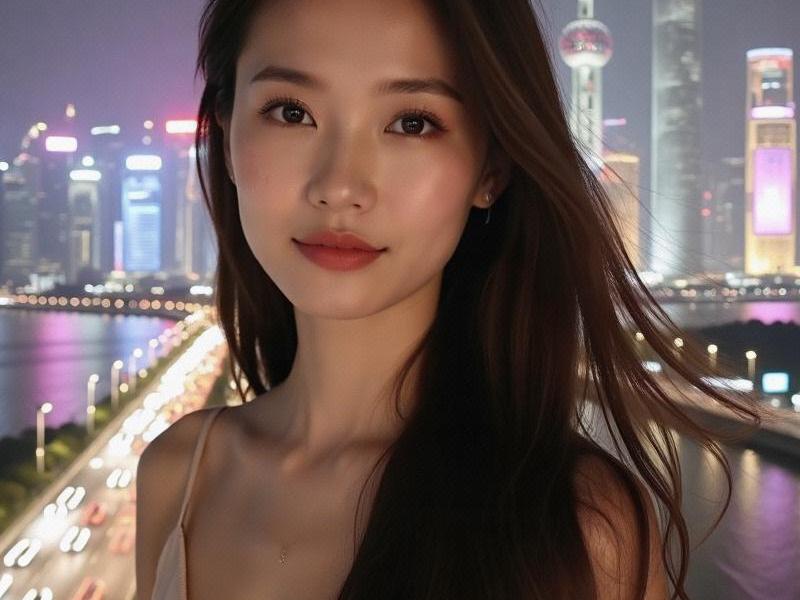This investigative report explores how Shanghai's high-end entertainment venues are evolving beyond traditional karaoke bars into sophisticated social hubs that blend Eastern hospitality with global luxury standards.

The glow of Shanghai's entertainment district tells a story of transformation. Where simple KTV parlors once dominated, a new generation of ultra-premium clubs now offers multi-sensory experiences that rival Las Vegas and Dubai. The city's night-time economy has grown to ¥87 billion (about $12 billion) annually, with luxury venues accounting for 38% of revenue.
At the forefront is Club 88, a 5,000-square-meter complex in the Bund Finance Center that features a champagne bar with 300 varieties, a private concert space, and an AI-powered mixology system. General Manager Vincent Luo explains their philosophy: "We're not selling alcohol or singing rooms - we're curating exclusive social experiences for Shanghai's cosmopolitan elite."
爱上海419论坛 The business model has evolved dramatically. Membership fees at top-tier clubs now average ¥200,000 ($28,000) annually, with 72% of members being young entrepreneurs aged 25-40. Unlike traditional venues, these modern clubs emphasize "clean entertainment" - gourmet dining, cultural performances, and networking opportunities rather than excessive drinking.
Technology integration sets Shanghai apart. Venues like Galaxy Club use facial recognition for VIP entry, while others employ blockchain for membership management. The newly opened Nebula features holographic performers and climate-controlled rooms that simulate different global destinations every hour.
上海龙凤论坛419
Regulation has driven innovation. Since 2023's "Quality Nightlife" initiative, clubs have invested heavily in staff training, with many requiring hospitality degrees for management positions. The Shanghai Entertainment Association now certifies venues meeting strict standards for safety, hygiene, and ethical operations.
上海龙凤sh419 Cultural fusion defines the experience. At Dragon Phoenix Club, patrons enjoy Peking opera performances followed by electronic dance parties. Mixx Shanghai blends traditional tea ceremonies with modern mixology. "We're creating a new Shanghai style," says cultural consultant Emma Zhang. "It respects Chinese values while embracing global influences."
Challenges remain, particularly in balancing luxury accessibility and maintaining exclusivity. However, with Shanghai's entertainment industry projected to grow 15% annually through 2030, these venues are writing a new playbook for urban nightlife - one that prioritizes quality over quantity, and experiences over excess.